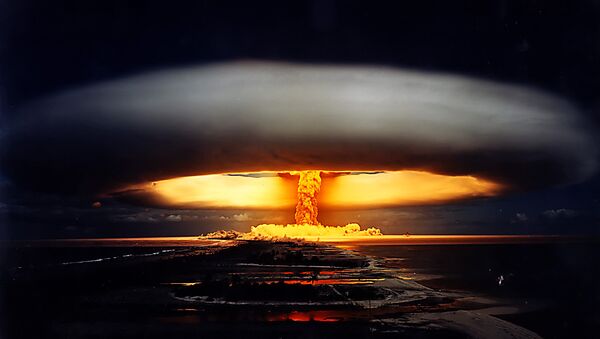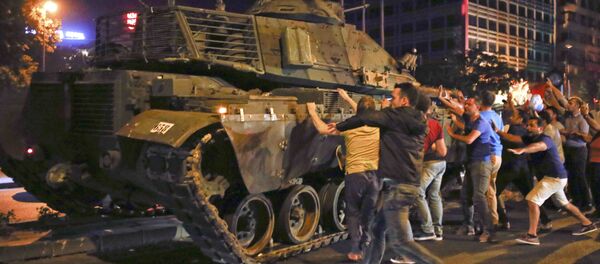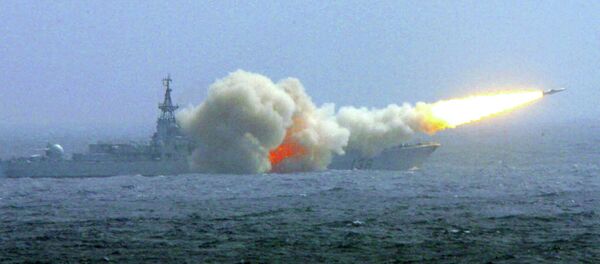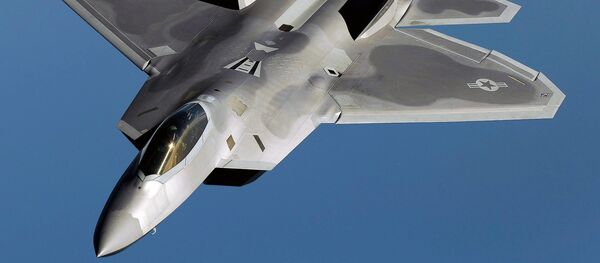The British Prime Minister May told Parliament that she would employ the UK’s nuclear arsenal in response to a nuclear attack by a foreign nation as she was promoting the renewal of the Trident missile system, a bone of contention for Scottish secessionists who have vowed to discontinue the program on the basis of health, environmental, and ethical concerns should a referendum to leave the UK prove successful.
Theresa May argued before Parliament that both Russia and North Korea "remain very real threats" to the UK’s safety and security. Prior to coming into office, the British Prime Minister has said that she fancies herself in the image of "The Iron Lady" Margaret Thatcher.
While 66% of respondents to the poll supported Prime Minister May’s position, only 19% believed that she was wrong to say that she would use the country’s nuclear arsenal in a hypothetical war.
The poll results mark a significant departure in the once dovish public sentiment over the past year with a similar poll in October 2015 finding that only 37% of British voters were willing to go with the nuclear option while 38% said that they could not condone the indiscriminate violence.
The hawkish tone from the British Prime Minister also reflects a growing militarism among top Western leaders who have taken a more aggressive posture towards the mythical threat of Russian aggression and the very real danger coming out of an increasingly unstable North Korea.
The remarks by Theresa May make her the first Prime Minister since Margaret Thatcher during the Cold War to provide a direct answer to the hypothetical nuclear button question rather than avoid it.
The Trident missile program also began under Prime Minister Margaret Thatcher’s reign when she called on the US to provide nuclear weaponry as a deterrent against the former Soviet Union.





